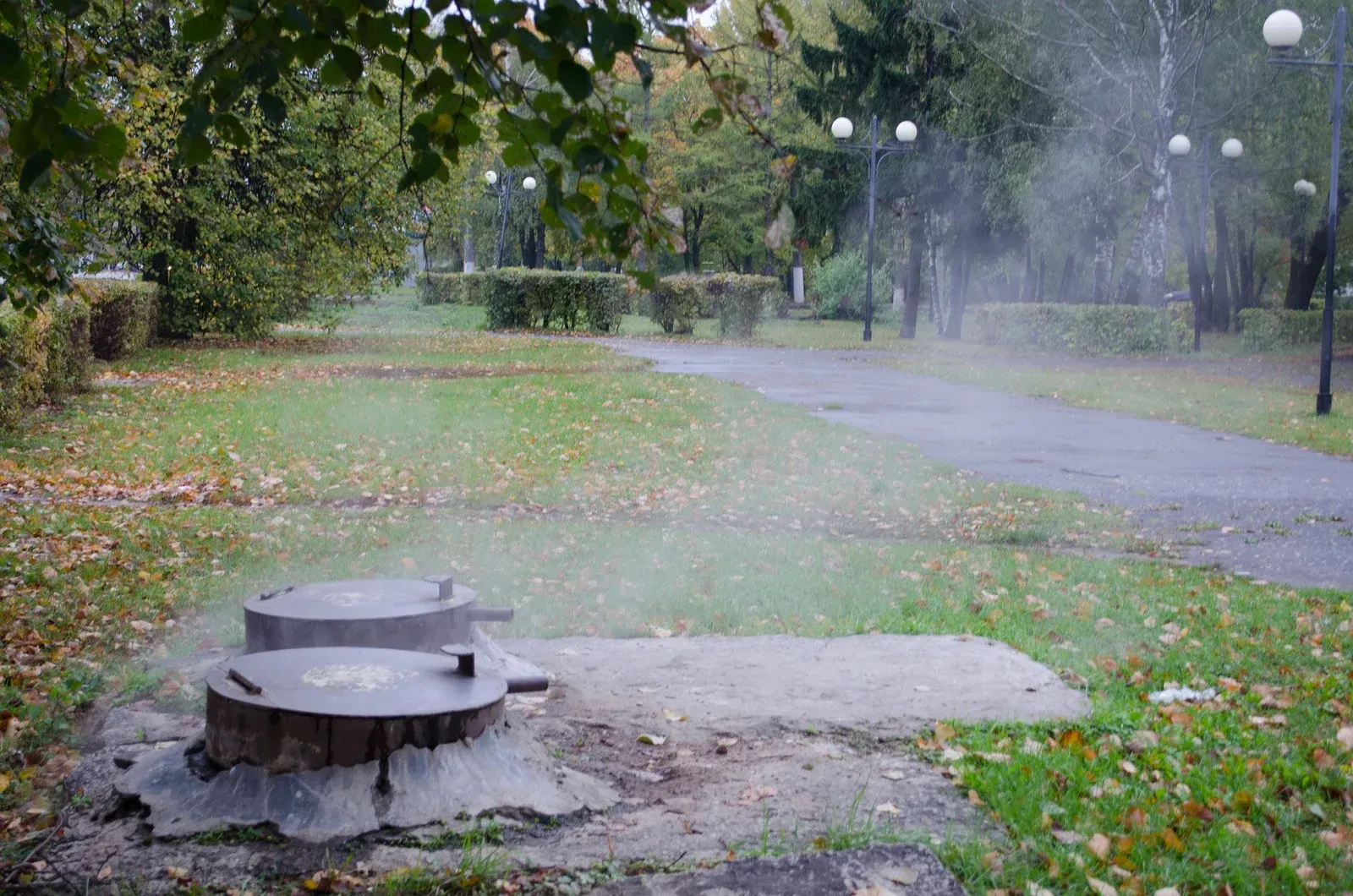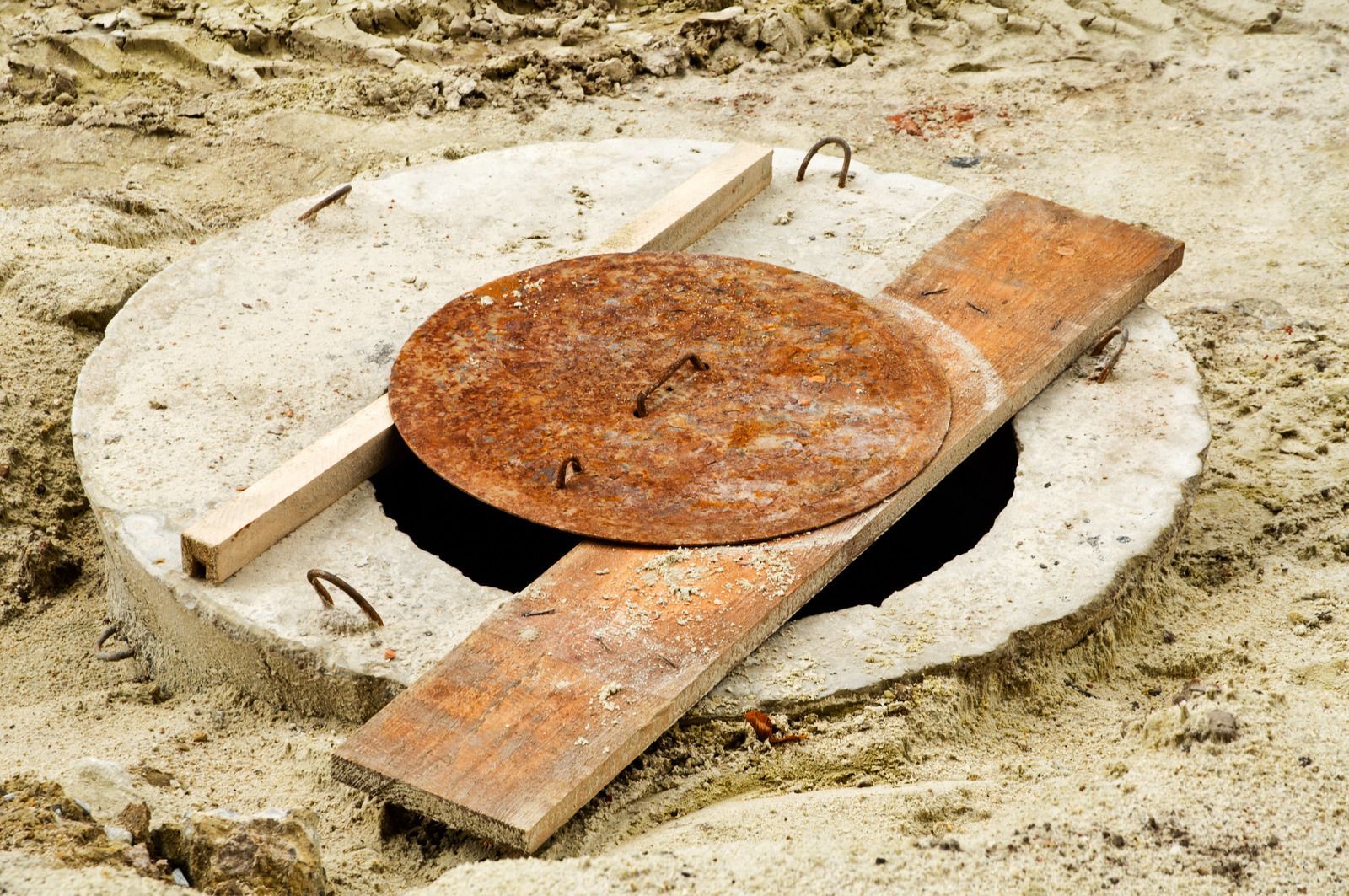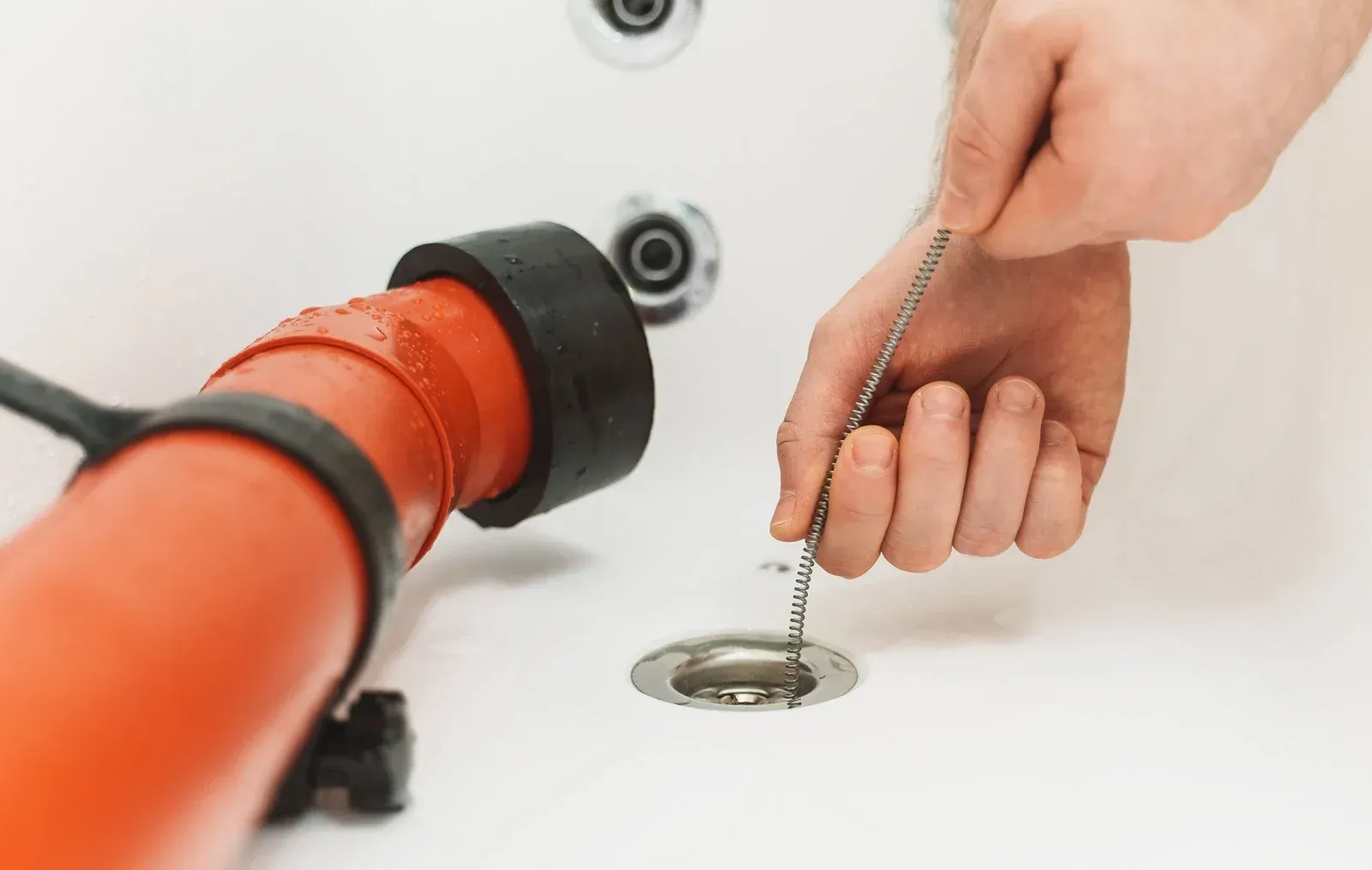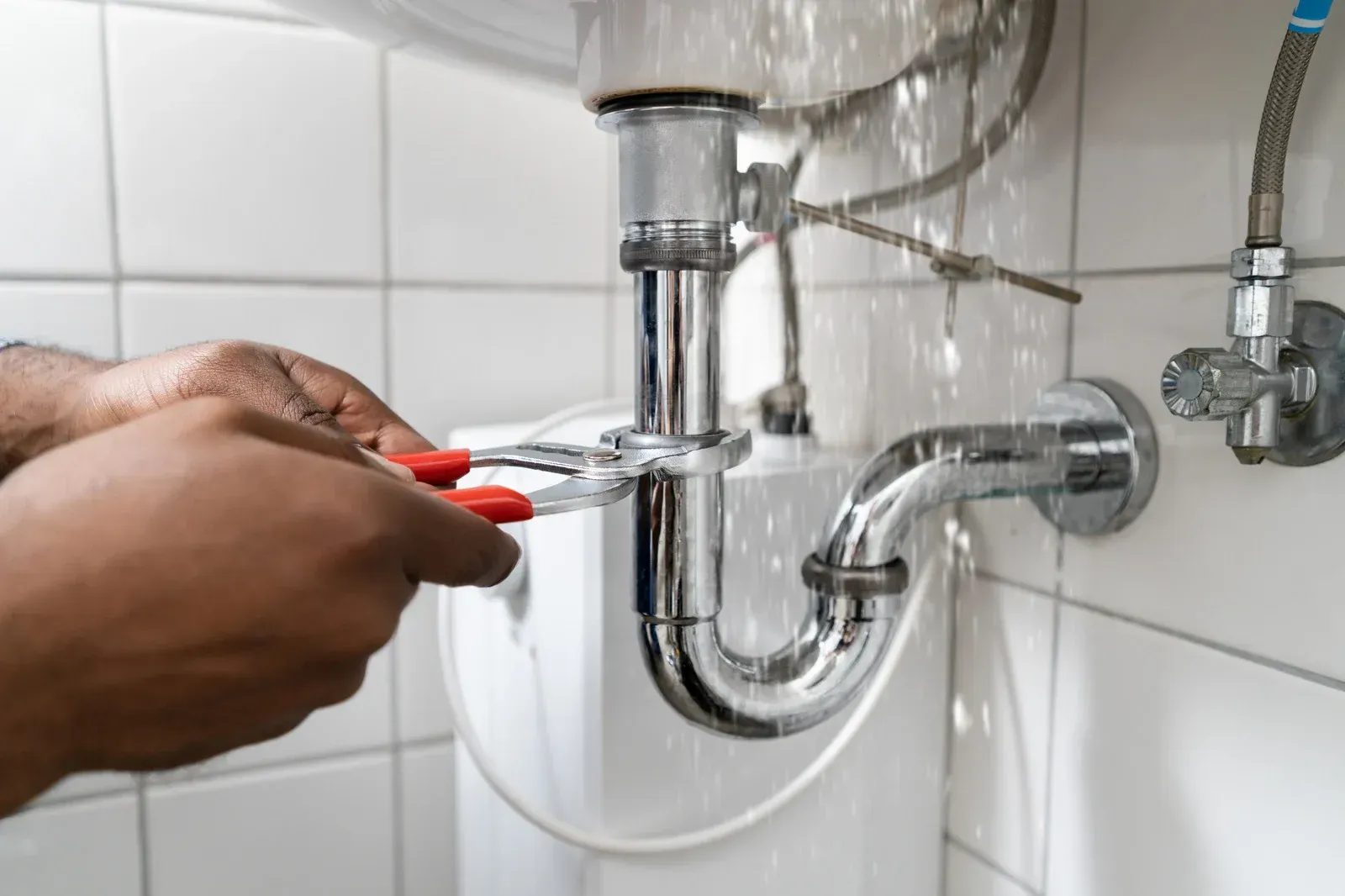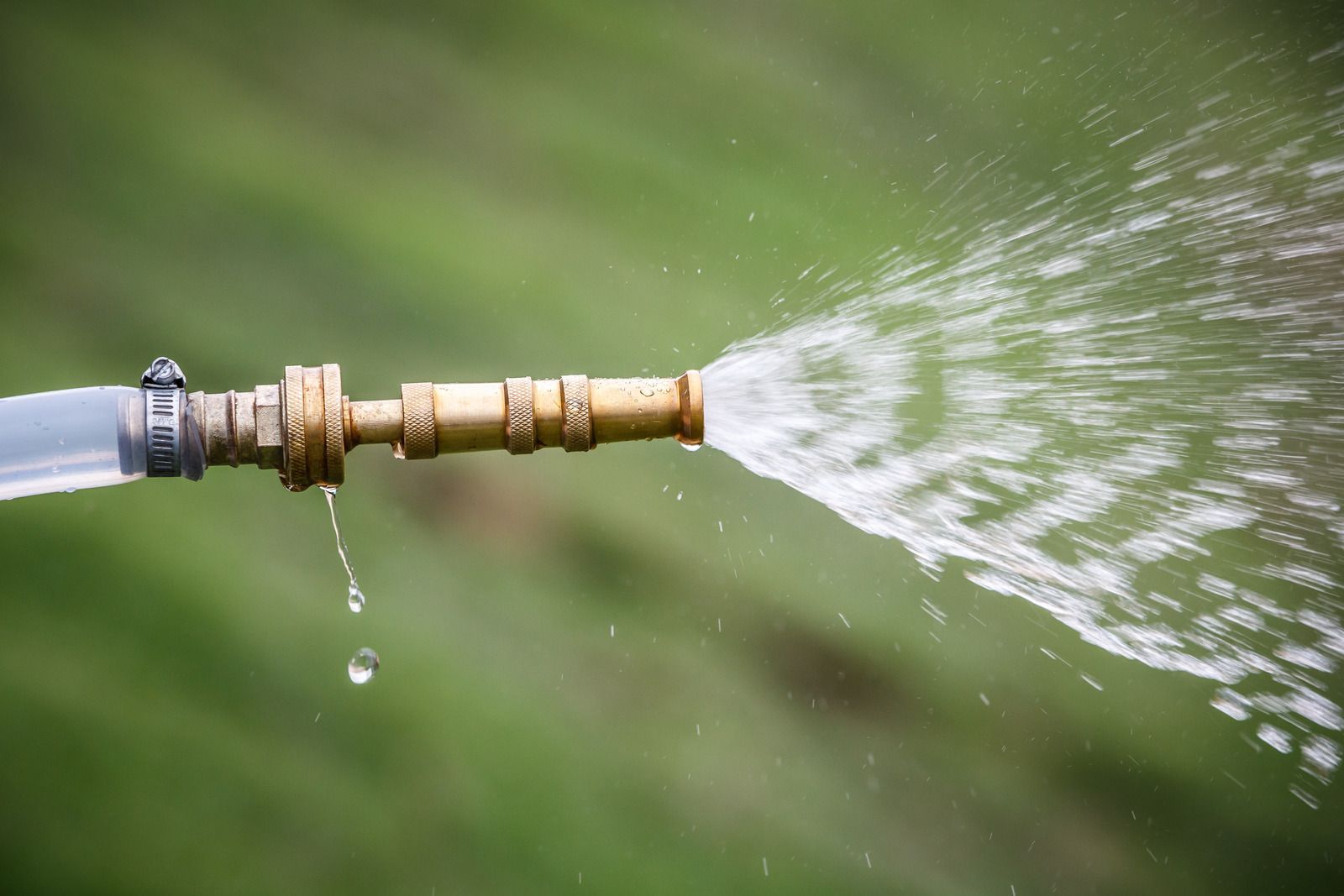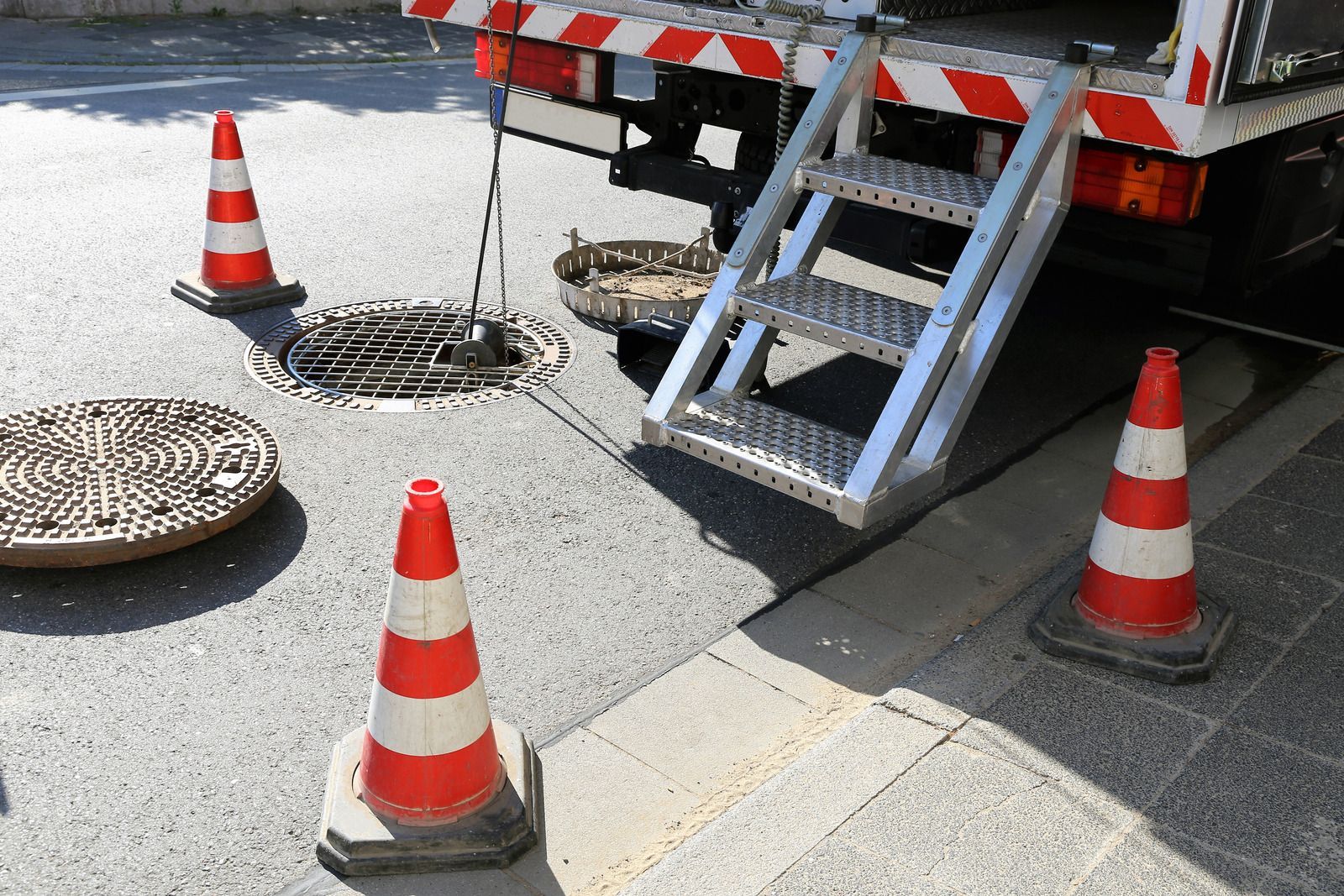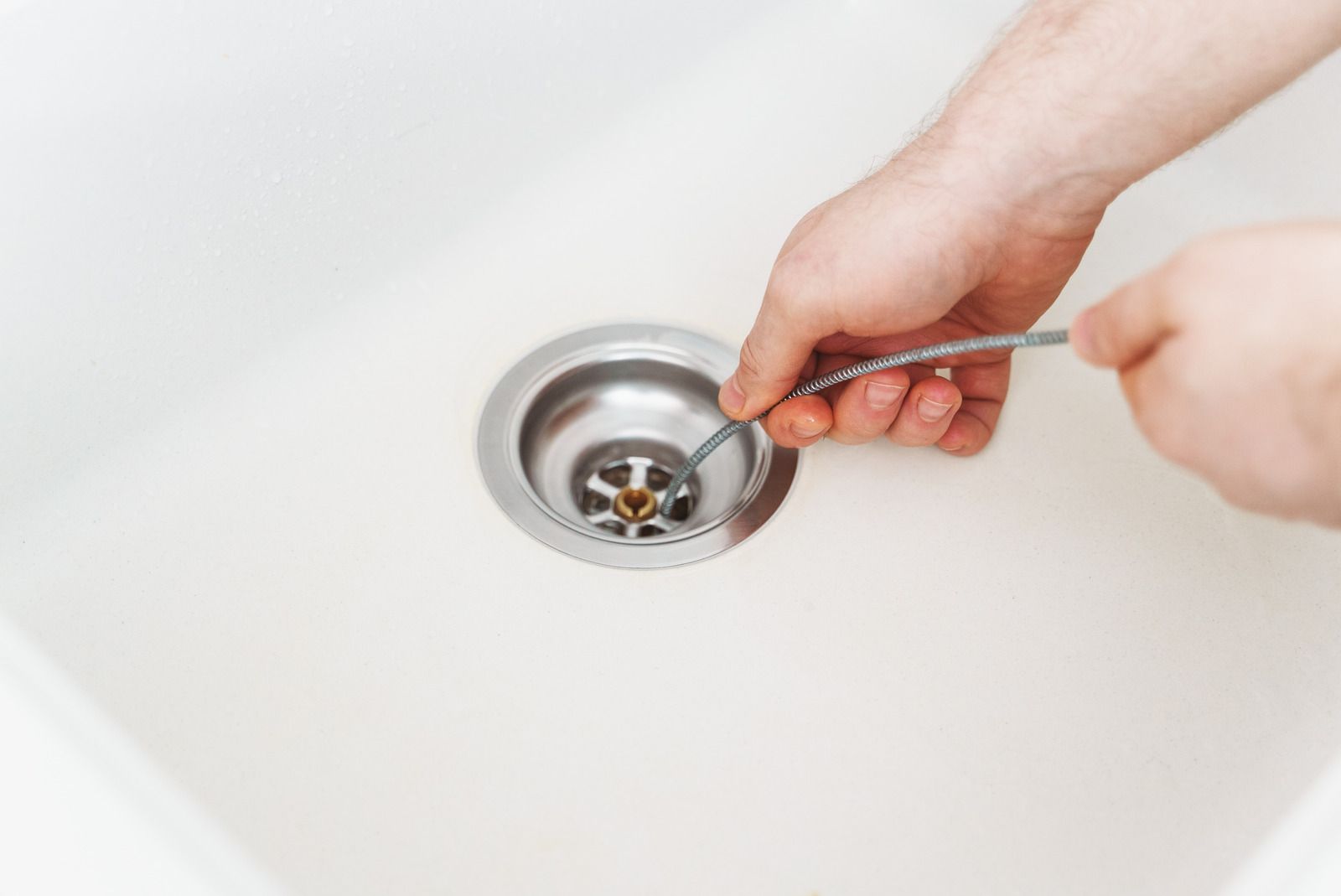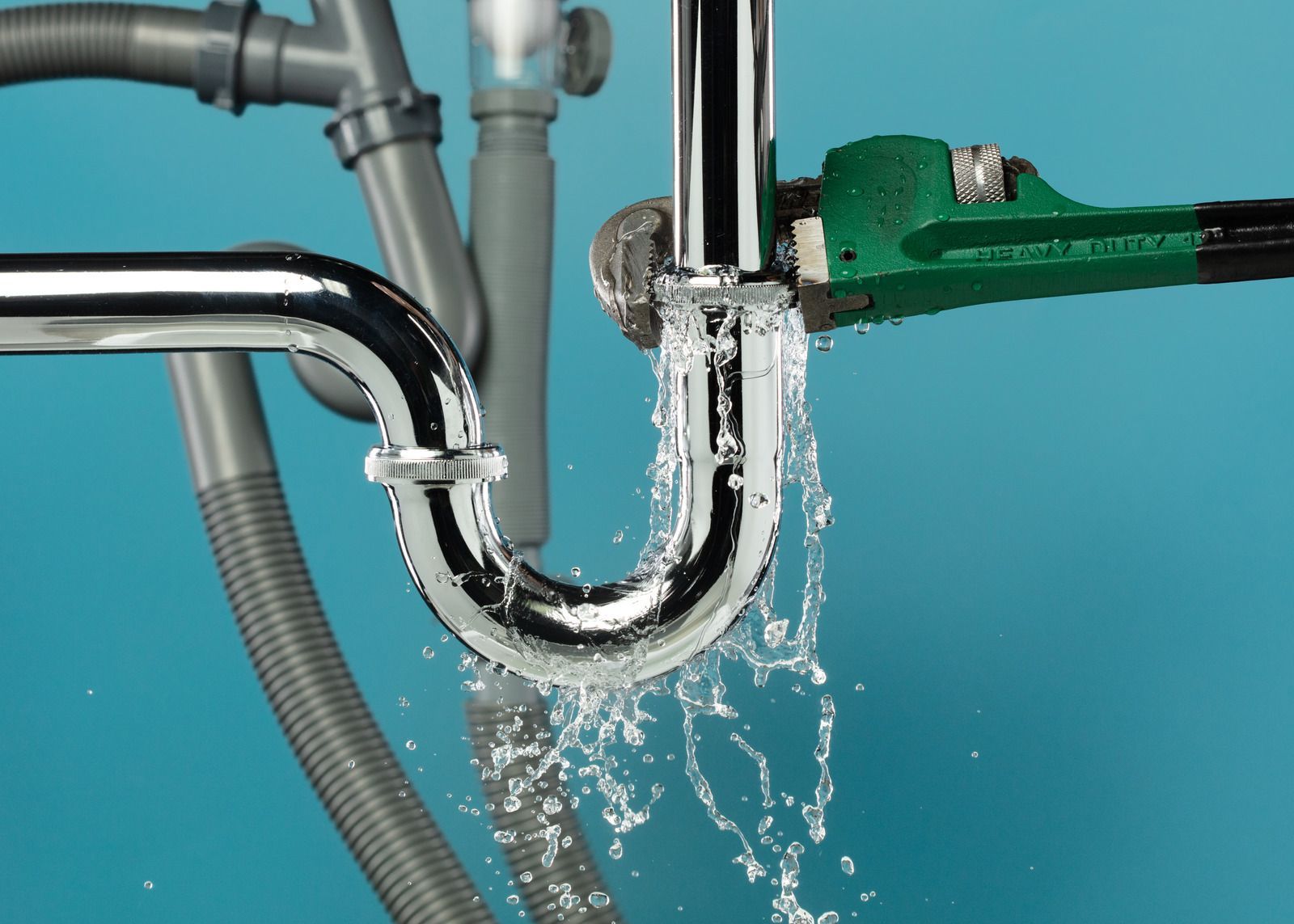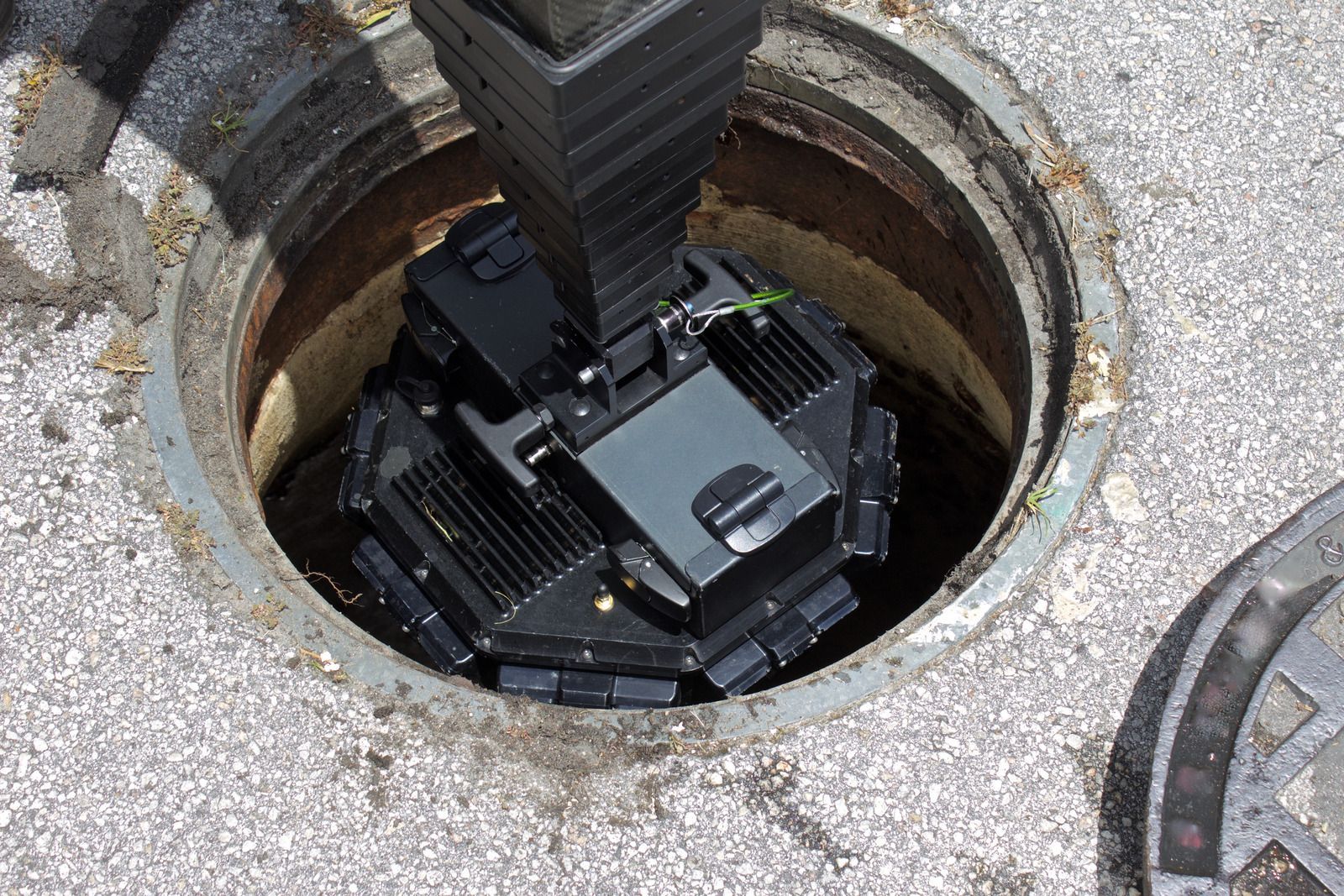Common Causes and Professional Cleaning of Clogged Drains
It is highly frustrating for you to discover a clogged drain. It is not only disgusting but can cause the loss of a large chunk of your daily living. Either your sink could be draining slowly or your toilet could be completely blocked, blocked drains can quickly become a major problem. Understanding the common causes of drain clogs and knowing when to call in a professional can ensure that in the future, issues can be avoided and you can save a lot of effort, energy and money. It is only a professional who can clear the drains for you effectively and in a way that will help your drain remain clear for a long time.
Why Clogged Drains Occur?
There are different reasons which contribute to clogged drains. Hair is one of the most common causes of clogged bathroom drains. Hair can accumulate over time, forming a mat that traps other debris, leading to a blockage. When soap and hard water minerals combine, they can create a sticky residue that builds up in drains, eventually causing clogs. Kitchen sinks are prone to clogs caused by food scraps, grease, and oil. These substances can solidify in pipes, leading to blockages.
Mineral deposits from hard water can build up in pipes, restricting water flow and causing clogs. In some cases, tree roots can invade sewer pipes, causing significant blockages. Items like toys, dental floss, and cotton swabs can accidentally be flushed down toilets or disposed of in sinks, leading to clogs.
Signs of a Clogged Drain
Early detection is important so that you get the knowledge of a blockage at the onset, so that further damage can be prevented. Some ways you can get an indication are sluggish water drainage, unusual gurgling noises emanating from the pipes, and the presence of water pooling around the drain. Unpleasant odors often accompany a buildup of organic matter within the system. A more severe sign is the backing up of water into the bathtub, shower, or sink, indicating a substantial blockage that requires immediate attention.
When to Call a Professional Plumber
Early detection is important so that you get the knowledge of a blockage at the onset, so that further damage can be prevented. Some ways you can get an indication are sluggish water drainage, unusual gurgling noises emanating from the pipes, and the presence of water pooling around the drain. Unpleasant odors often accompany a buildup of organic matter within the system. A more severe sign is the backing up of water into the bathtub, shower, or sink, indicating a substantial blockage that requires immediate attention.
Preventing Clogged Drains
Use a hair catcher in your shower or bathtub to prevent hair from going down the drain. Avoid putting excessive food scraps down the garbage disposal. Pour cooled grease and oil into a disposable container, not down the drain. Pour hot water down drains regularly to help prevent buildup. Schedule regular drain cleaning to maintain optimal flow. When you understand the causes of clogged drains and understand when to call a professional, you can keep your drains flowing smoothly and avoid plumbing emergencies.
